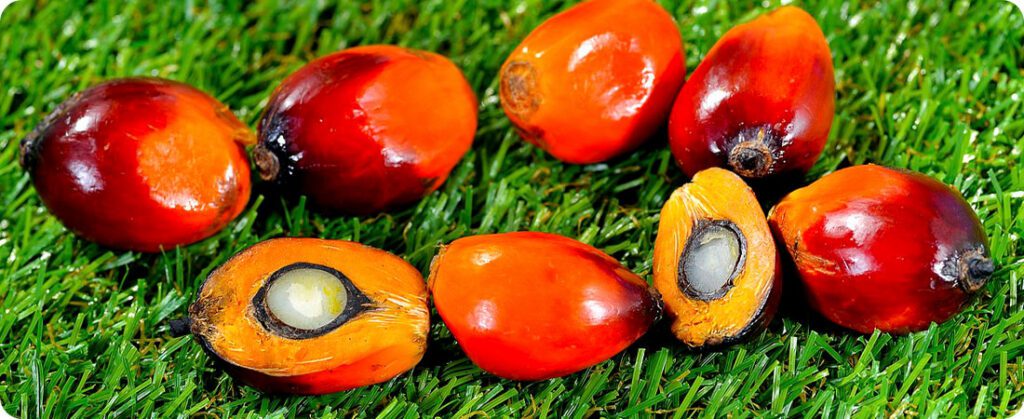
India’s vegetable oil imports in November hit their highest level in four months, as refiners stepped up purchases of soybean oil and sunflower oil to replenish stocks following high demand during the festival season, a leading trade body said on Thursday.
According to the Solvent Extractors Association of India (SEA), the country imported 1.63 million tonnes of vegetable oil in November, which is an increase of 10.4% over the previous month.
India, the world's largest importer of edible oil, celebrated the Dussehra and Diwali festivals in October and November, periods that traditionally see increased consumption of sweets and fried foods.
Highlights of vegetable oil imports
- Soybean oil: Imports grew by 19.3% in November, totaling 407,648 tons.
- Sunflower oil: It recorded a significant increase of 42.5%, reaching 340,660 tons.
- Palm oil: Bucking the upward trend, imports fell by 0.4%, totaling 841,993 tons.
According to BV Mehta, executive director of SEA, Argentina has been offering soybean oil at highly competitive prices for the past two months. This strategy has resulted in an increase in Indian imports but has also put pressure on local soybean prices.
Impacts on local prices and market challenges
Soybean prices in India are currently trading below the government's minimum price of Rs 4,892 per 100 kg. Mehta warns that there is a need to control the flow of imported soybean oil to ease pressure on prices.
Furthermore, India buys palm oil predominantly from Indonesia, Malaysia and Thailand, while it purchases soybean oil and sunflower oil from countries such as Argentina, Brazil, Russia and Ukraine.
Change in price dynamics
However, at the moment, the product has a price premium, making it less competitive.
“The palm oil premium is forcing Indian refiners to buy more soybean and sunflower oil. We could see a sharp drop in palm oil imports in December,” a Mumbai-based dealer said.
Source: Rajendra Jadhav, Rahul Paswan, Daksh Grover and Swati Verma | Notícias Agrícolas












